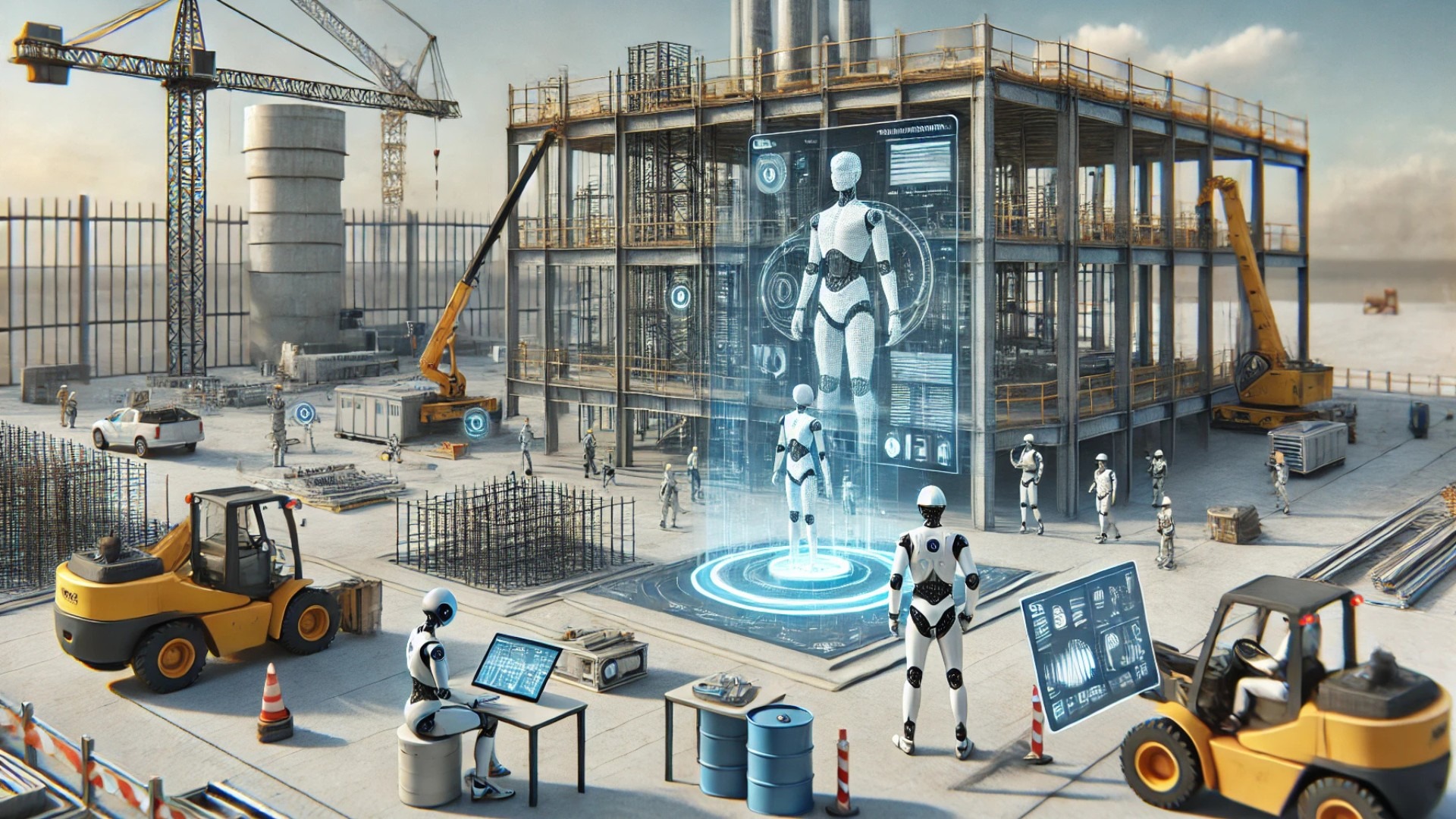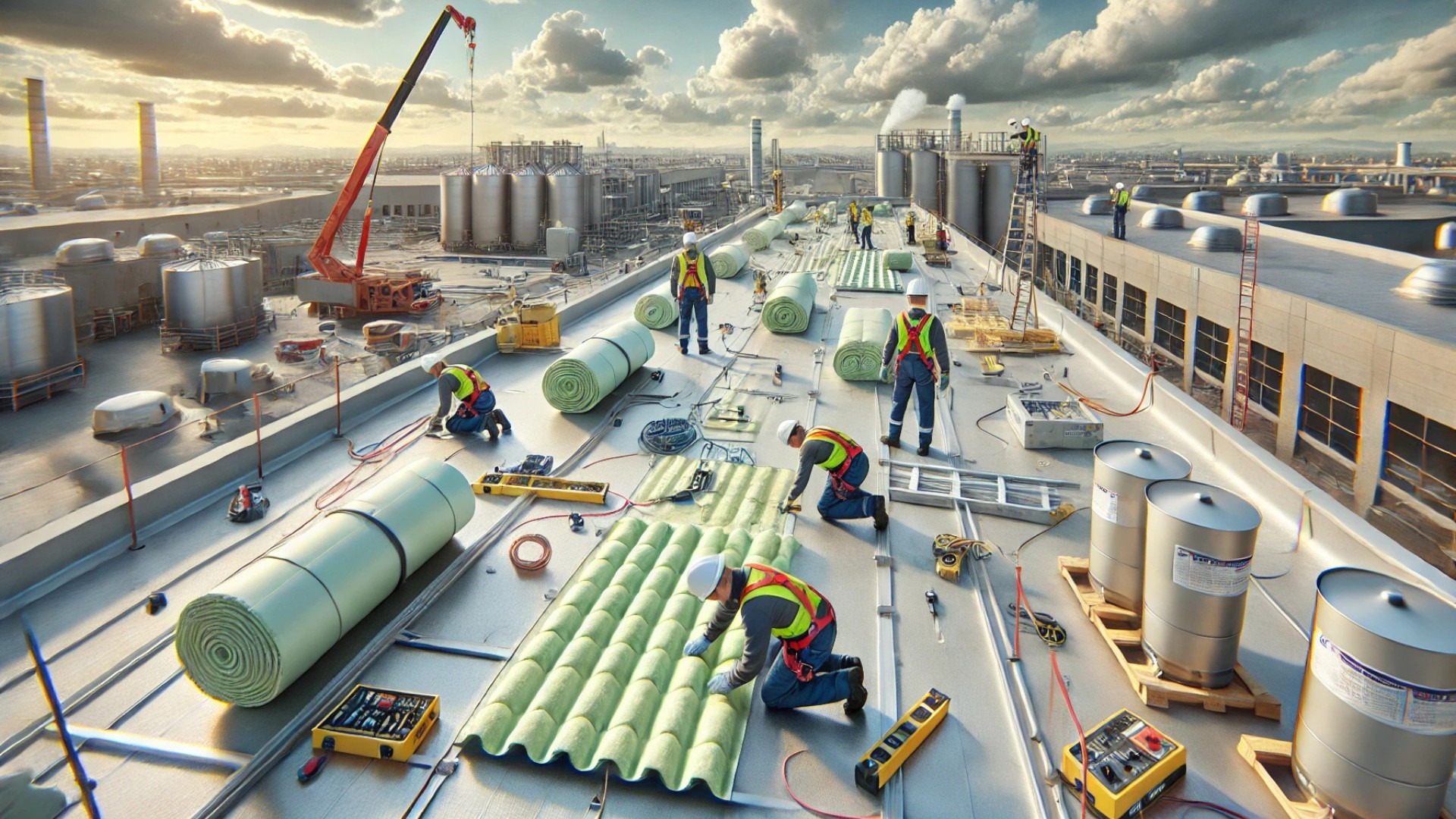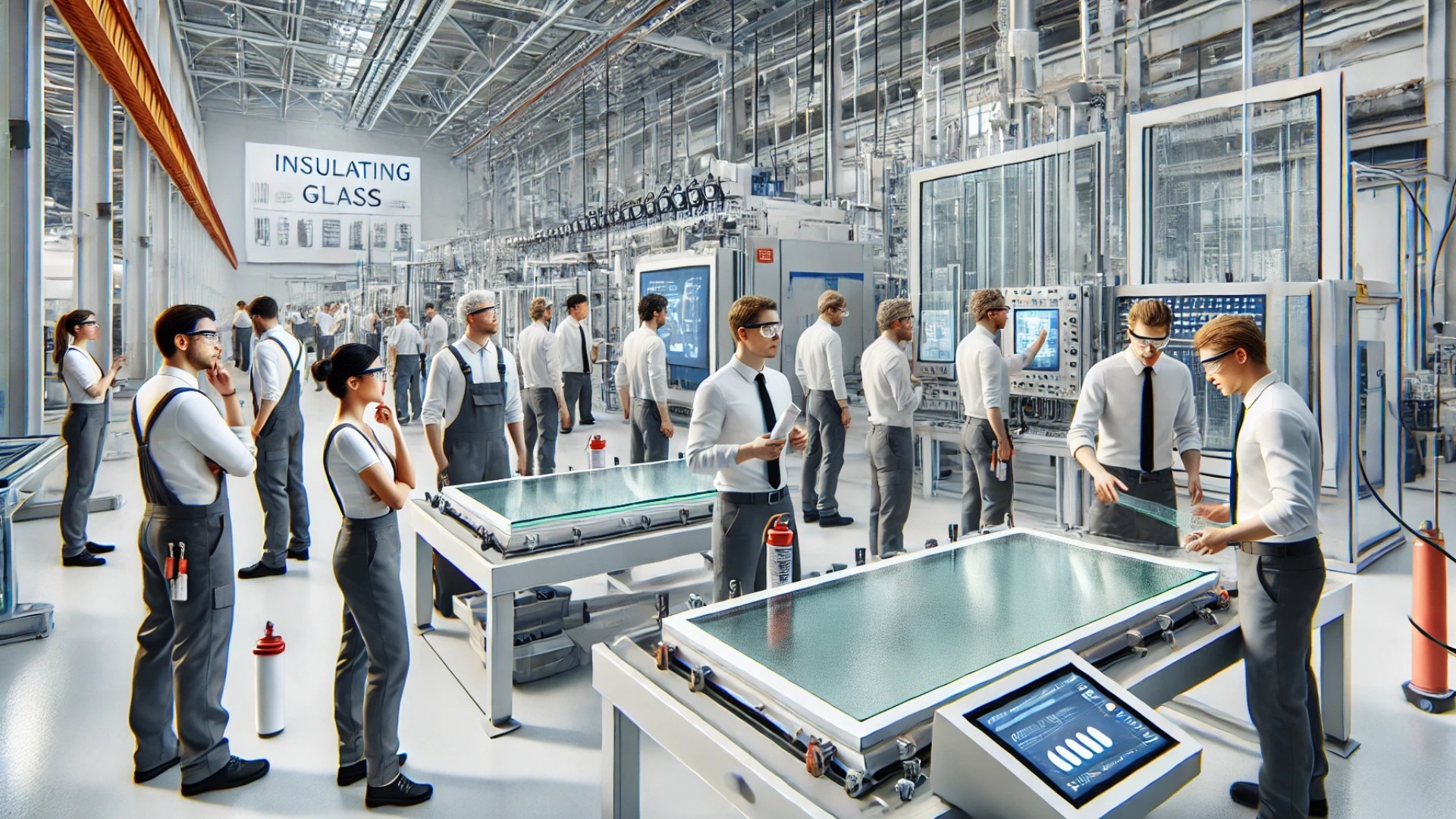
The Adoption Gap: Understanding AI in Construction
A recent survey reveals a surprising gap in the construction industry’s technological adoption, with a staggering 65% of construction leaders remaining hesitant to embrace artificial intelligence (AI). This resistance to integrate AI solutions into their operations highlights significant implications for productivity and competitive positioning.
The Impact of AI on Construction
AI has the potential to revolutionize construction management by enhancing efficiency, safety, and project delivery timelines. From predictive analytics that forecast project outcomes to AI-driven tools that streamline project management tasks, the advantages of adopting AI in construction cannot be overstated. For property owners who value craftsmanship and aesthetics, leveraging AI can lead to superior decision-making regarding materials, design, and execution, optimizing project returns.
Exploring Barriers to Adoption
Despite the evident benefits, the hesitancy among construction leaders often stems from a lack of understanding or fear of change. Many professionals in the sector may feel overwhelmed by the technological landscape, fearing that AI solutions may complicate established practices rather than enhancing them. Yet, as construction projects grow in complexity, the failure to adapt could lead to inefficiencies that adversely affect property values.
Real-World Applications: Successful Case Studies
Several pioneering companies have successfully integrated AI into their construction processes, yielding substantial returns. For instance, one notable firm employed AI for site management, improving resource allocation and reducing project delays by over 30%. Such examples illustrate how embracing AI not only streamlines workflow but also enhances investment outcomes — an essential consideration for high-net-worth property owners.
Future Forecast: The Direction of Construction Technology
Looking ahead, the construction industry is on the cusp of a technological evolution. With increasing emphasis on sustainability and efficiency, future trends suggest a more collaborative approach to AI integration, where software tools will work in tandem with human expertise. Property owners should be aware that firms investing in these new technologies are likely to enhance their market positioning.
A Call to Action: Embrace Innovation for Superior Returns
As the construction landscape continues to evolve, it is critical for industry leaders and property owners alike to consider the potential of AI. Embracing these technologies not only positions firms competitively but also ensures that investments in property yield greater returns. Don’t remain on the sidelines—begin exploring AI solutions that align with your needs today.
 Add Row
Add Row  Add
Add 

 Add Row
Add Row  Add Element
Add Element 




Write A Comment